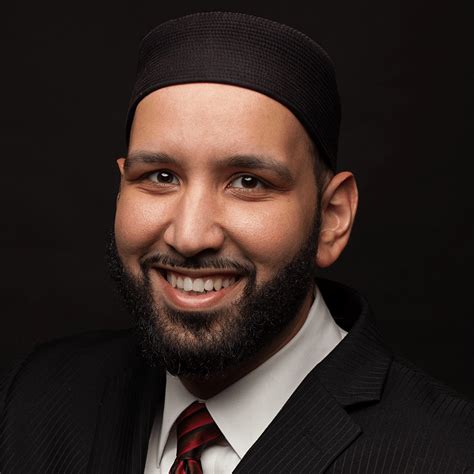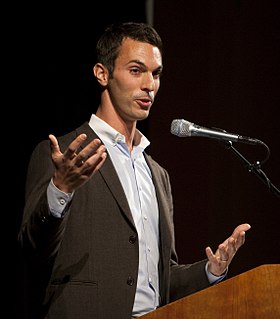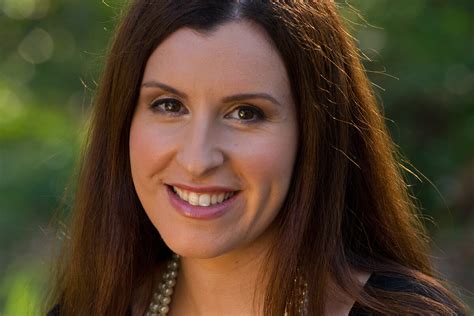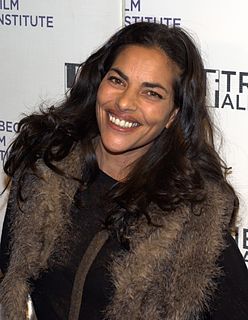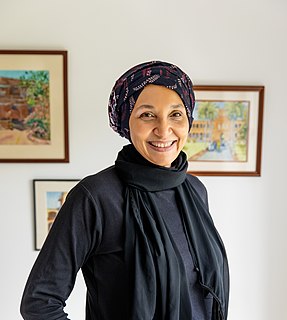A Quote by Queen Rania of Jordan
For many, the hijab represents modesty, piety and devotion to God, and I truly respect that. But the hijab should not be used as a means of applying social pressure on people.
Related Quotes
I was born in 1965. When I grew up in India, there was no expectation that a good Muslim woman wore the headscarf. But what happened when I came here to the U.S. and the emergence of the Saudi and Iranian theologies in the world is that the headscarf became the hijab and the hijab is now the idea that is synonymous with headscarf.
There are many agreements across the so-called "world religions," at a certain level of abstraction. But when it comes to applying them in concrete situations they may lead to incompatible decisions. As an example, some people think that Christian ideas of sexual modesty suggest that homosexuals should be locked up, some people think that they mean that the churches should recongize gay marriages. But everyone believes in sexual modesty. I think there are universal moral truths, whether or not everyone accepts them. Here's one very low level but important one: it's very bad to torture people.

